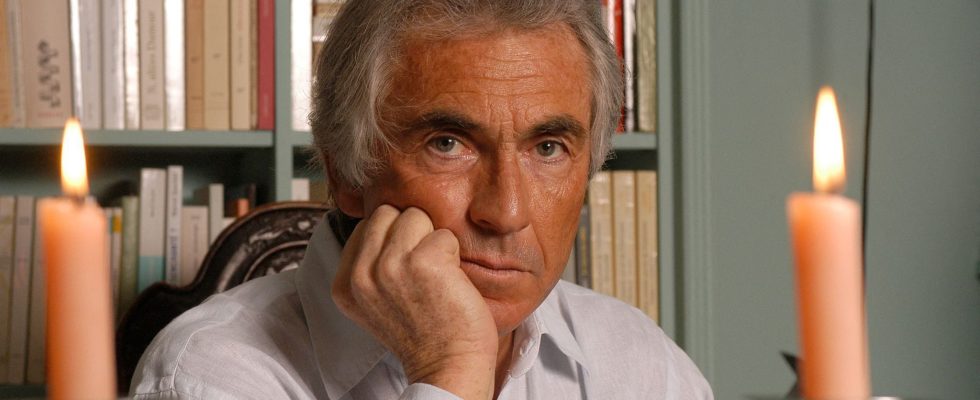What to do when fate causes you to be born in a place that repels you? Can we, when we fantasize about being a Prince of Ligne, completely free ourselves from a childhood in the middle of “erupting rocks” and “alleys scented with droppings”? Jean-Paul Enthoven spent his first fifteen years in Mascara, “a small town devoid of charm and perched on the highlands of still French Algeria”. For a long time, this believer in lying-true tried to make people believe that he was the scion of the beautiful neighborhoods of Paris, despite having the most flamboyant tan in the capital.
But with age, the writer and editor began to drop his masks, which allowed him to write more and more moving books. In If the sun remembers, he finally lifts the veil on his North African origins. A youth in the middle of the twilight of French Algeria, against a backdrop of attacks and massacres, OAS and fellagas. Let us rest assured: Jean-Paul Enthoven has not transformed himself into the colonial version of Annie Ernaux.
This great Proustian admits that if everything here is “almost true”, he has somewhat embellished memories, in particular the portrait of his father Edmond, builder of cinemas on the limits of the Sahara depicted as a double of Gregory Peck. But whatever the truth of the past, the reader is entitled to a voluptuous restitution of the end of a world, like that of a primitive existence that the author strived to forget and overcome. All embellished with beautiful homages to Herman Melville and Albert Camus, as well as tasty renditions of Little Prince and Grand Meaulnes.
If the sun remembers it, by Jean-Paul Enthoven. Grasset, 220 p., €19.
